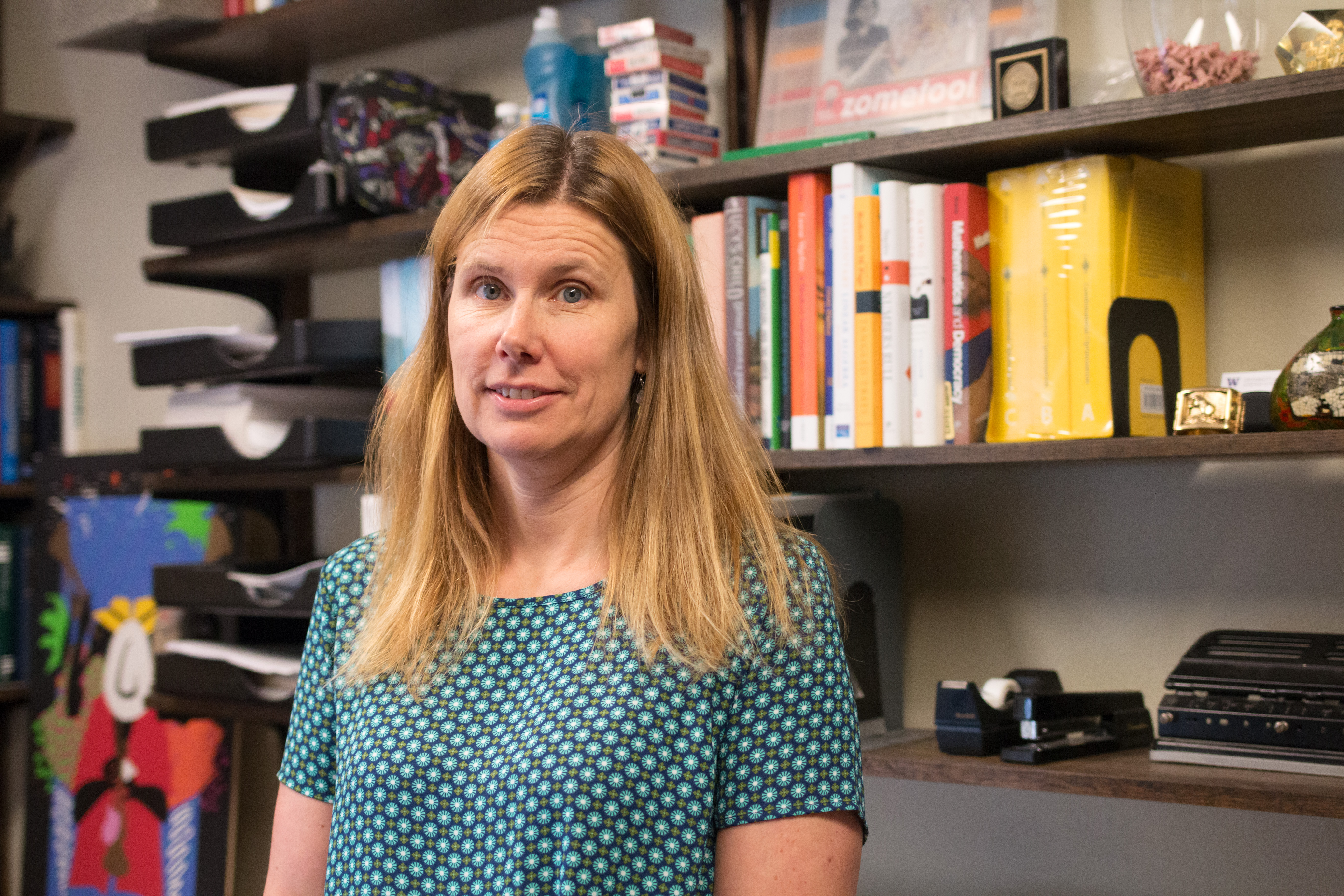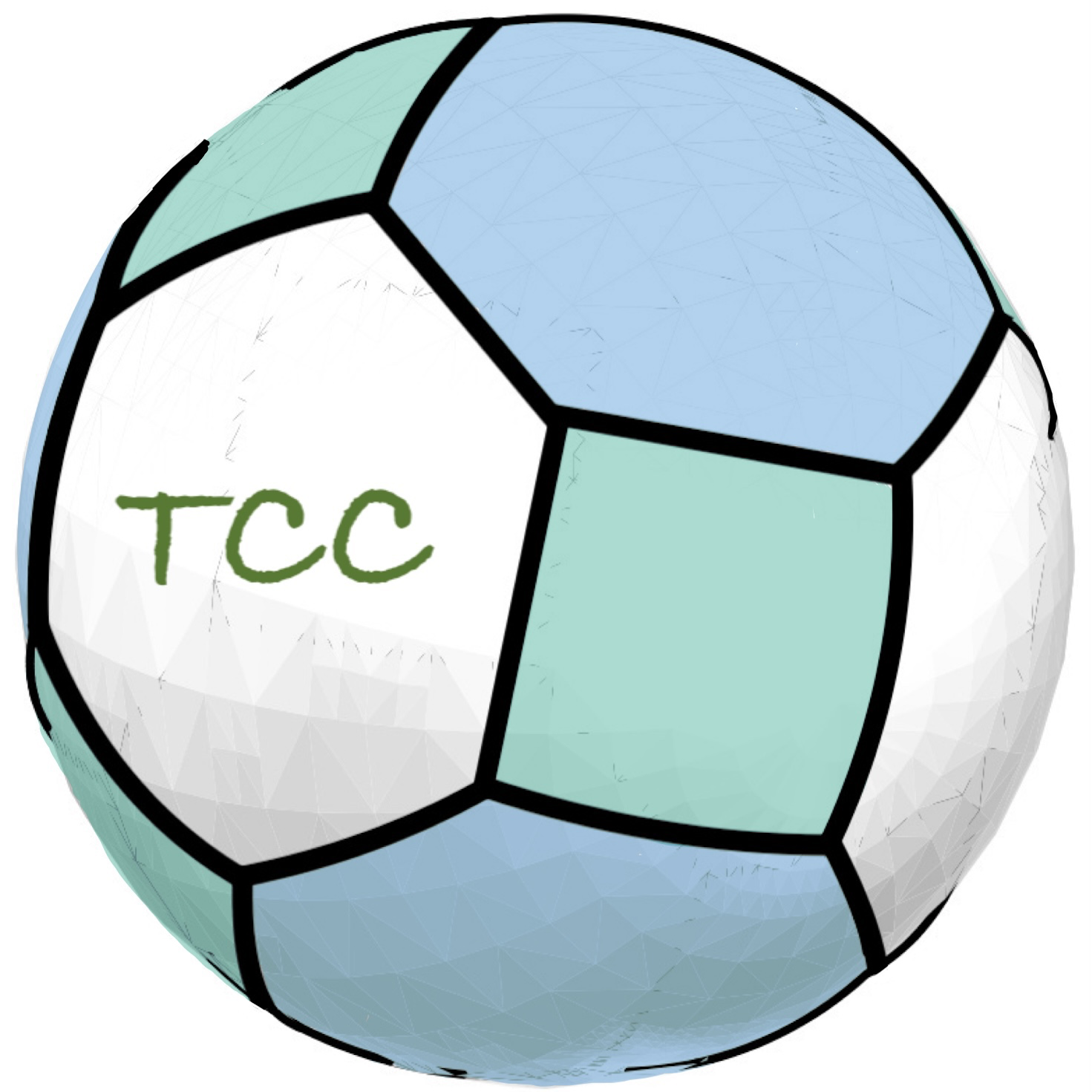Algebraic Combinatorics is an open access mathematics journal based in the U.S., owned by its editorial board, and published by the Combinatorics Consortium. As part of our ‘Story behind the journal’ series, DOAJ spoke with Dr. Sara Billey from the University of Washington, who is a member of the Steering Committee.
Tell us about the Algebraic Combinatorics Journal
The journal started in 2018 after the editorial board of the Journal of Algebraic Combinatorics (published by Springer) resigned simultaneously. We wanted the mathematicians, who were doing the work as reviewers, editors and authors, to have the content accessible worldwide with no fees for authors or readers, as a lot of our colleagues in poorer countries – and in the U.S. – could not afford access to paywalled content. In short, what we did was to flip the journal to a diamond open access journal.
The journal is targeted toward the mathematical field of combinatorics, which is an area focusing on existence, enumeration, classification, characterization, and optimization questions about discrete structures, and many related areas of applications. For example, people working in business optimization use combinatorics, whether they know it or not. Algebraic combinatorics is about the interactions between algebra and combinatorics.
When we set up the journal, there was an opportunity to reimagine how we were going to run it. I was part of a group that wrote a constitution for AlCo (Algebraic Combinatorics). This was a three-year process, and at times it felt like I couldn’t see a path forward to a finished document. Vic Reiner, the Chair of that committee, encouraged us to stick with it, and I’m very glad that we did. Now that other journals are flipping to open access, they’re actually using our Constitution as a way to get started.
The journal is owned by its editorial board of approximately 40 members. The journal is committed to having a balanced editorial board in relation to gender, race, regions and the kinds of mathematics that we represent. This means we have a diverse editorial board, with a high level of mathematicians from across the world. The Steering Committee’s mission is to oversee what’s going on, help with administrative work and manage the financial aspects of the journal.
When the journal flipped, we founded a non-profit organization called the Combinatorics Consortium (TCC). I am the President of TCC and the other officers are Vic Reiner, Volkmar Welker, and Mike Zabrocki. This organization is interested in disseminating the research within combinatorics through publications and conferences, with a mission to help other journals, like Algebraic Combinatorics, to become open access journals. We wanted to take the organization a step further and applied to get a 501(c)(3) status, which allows us to take donations from people, and they can get tax credit.
We have managed to raise $150,000, which has been incredible and far better than we expected. We’re very grateful to all our sponsors, including the libraries that support us through Lyrasis. The support gave us funds to run the journal, but we also wanted to be able to pay our editors-in-chief and production editors. Being an international journal, this is a bit more complicated than we anticipated, as we have editors from across the world working for us, so paying someone hasn’t been straightforward. However, this year we’ve managed to send our first payments, which we are very proud of.
How did you get involved with the journal, and what motivates you?
I was an editor for a different journal called Advances in Math, which is considered to be one of the best journals in the field. I found the job very tricky in many ways. It’s very difficult to handle papers from well respected colleagues when you get back a referee report saying it’s not good enough or not within scope. Around this time, Tim Gowers started this Cost of Knowledge protest, which a lot of my colleagues signed. This made it harder to get referees, as people were protesting against for-profit journals. I totally agreed with the point they were making, but I could also see the value the publishers were giving us in terms of administrative support. So, I found myself pulled in two different directions and left the job.

Vic Reiner, who instigated the flip at AlCo, asked me if I was interested in being a part of this new journal. I felt I had enough experience to be helpful, and it matched my morality better as I wanted to be a part of something that was open access. I wanted mathematicians from around the world to have an ability to publish their work, regardless of where they are from. My motivation is to make the journal run smoothly, and we’re interested in helping other journals make the flip too.
What are your personal views on open access?
I made a conscious decision that at least my publications were going to be open access. It’s really great that DOAJ is making finding these journals so easy, for those of us who want to follow their ethics when publishing.
So, why make an open access journal? Why do all this work, and sometimes fight upstream to make this happen? I think it’s partly the principle, but it is also about the ownership. It’s nice that mathematicians on our editorial board own our journal, and are in charge of how it is disseminated.
What could DOAJ do in the future to help journals such as yours?
I think it’s already great what you’re doing, and it felt very professional when we were applying to become a part of the index. I like that you’re doing these interviews to help journals share their stories because I think sharing resources about, for example, how to flip journals is very important.
One thing that has been difficult for us, as a journal that has flipped, has been around citation indexing. I am wondering if 10 years from now there will be an open access citation index that is widely respected in academia. Many universities use citation index data for tenure and promotion decisions, so this is of critical importance to researchers in the field.
This story is a part of our series about journals indexed in DOAJ, which digs into the history of selected journals, their views on open access and their motivation for and experience of getting indexed in DOAJ. Each story is based on an interview with a representative of the selected journal.



Acabo de descubrirlos. Espero de corazón, que tengan mucho éxito en el área de las matemáticas. El álgebra NO es una tortura (aunque a veces lo parezca). Encontrar a personas trabajando en matemáticas, y esforzándose en que otras personas conozcan lo que hacen, es genial.